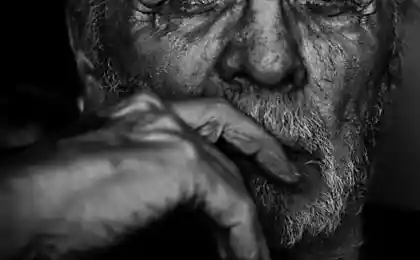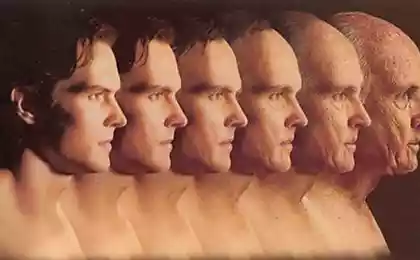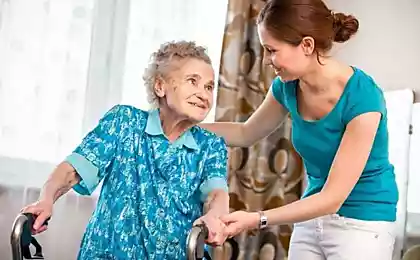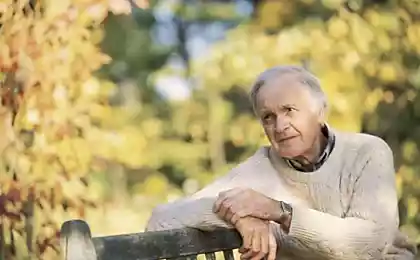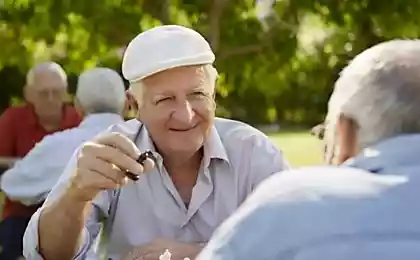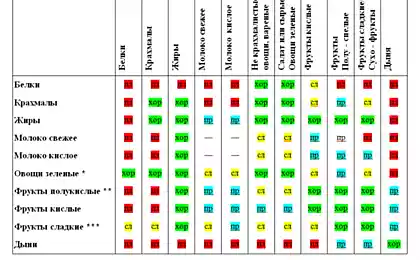637
How to treat the elderly in different parts of the world
The world population is aging rapidly. Around the world people are living longer thanks to advances in healthcare, nutrition and technology. This age shift of the population gives us incredible opportunities, but with them comes a new set of problems.
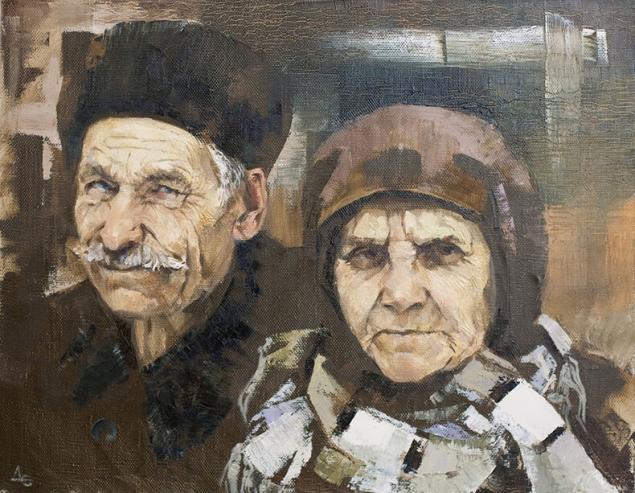
Writer and scientist Jared diamond discovered the huge differences in how different societies treat the elderly. Some revere and respect their elders, while others consider them incompetent and make objects of constant ridicule.
In some societies children take care of their parents at home, others leave them in nursing homes where they are cared for by others. Some cultures see the elderly as a burden, the bottomless pit of valuable economic resources, but because of their attitude towards them borders on cruelty.
Who is considered old?
The United Nations believes that the elderly can be considered people since 60 years, and celebrates the international day of older persons in October of each year. But in every society have their own ideas about who should be considered elderly.
In the United States, for example, to retire only at 65 years. And in New Guinea, anyone who has survived 50 years is considered old. In his book "the World until yesterday" diamond writes that the 15-literatry has huge implications for these societies, because actually we are talking about two different age categories, people with different physical and intellectual capabilities.
Where older persons live?
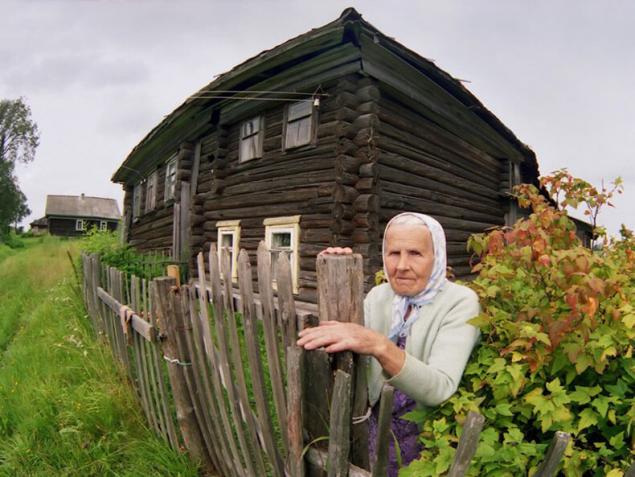
The living conditions of older people in Asia due to the Confucian teaching on FILIAL piety. About three-quarters of elderly Japanese parents live with their adult children. Similarly, in Korea and China, which even has a special law that children must visit their parents at regular intervals, no matter how far away they live. And if the children this law does not comply, they can face serious fines or even ending up in prison. "We are raising our children so they took care of us when we get old" — say in China.
But, of course, not only in Confucian countries respect for the elderly. Article 207 of the French Civil code prescribesthat adult children regularly communicate with their elderly parents. This law was passed after scientists published the results of a survey indicating the high level of suicides among the elderly in France.
In India and Nepal, according to ancient tradition, a young wife goes to live in the family home of her husband: it's called patrilocally marriage. But, as shown by a study by the University of Maryland, the current economic situation in the country contributes to the tradition of their adjustments, and the couple are increasingly being hundreds of miles from their parents. Indian and Nepalese authorities are trying to solve arising in connection with this problem, developing a program to care for the elderly.
As a language to describe the elderly?
The attitude of the representatives of a people, older people are often reflected in his language. Respectful suffix, such as -ji in Hindi, added to the names of great people such as Mahatma Gandhi, to emphasize his respect.
The word Mzee in Swahili is spoken in many parts of Africa — is a term used by young speakers when they want to emphasize their special respect for elders. And the Hawaiian word kūpuna means"elder."
In Japan, the suffix-san is often added to names of elders and shows respect to the elderly. This country hosts the annual festival for the elderly, and the 60th anniversary is considered one of the most important dates in life and even celebrated separately. Kanreki is the celebration that marks the transition into old age.
What to eat the elderly?
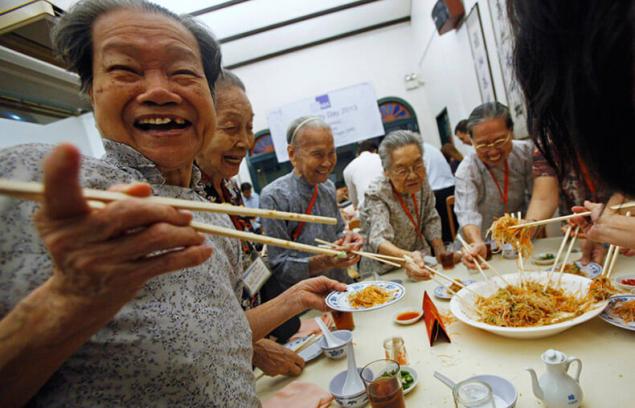
Around the world, says diamond, in traditional societies the elderly is customary to leave certain foods. In Nebraska, for example, only senior members of the Indian community Omaha have the right to have the bone marrow — it is believed that if you eat young man, he'll twist an ankle.
Similarly, in Borneo, venison suggest there are only old people, since young people a taste of it can make shy. In Siberia, the Chukchi believe that reindeer milk causes impotence in young men and women who drank, have a flat chest. Therefore, the treat always goes only to the elderly.
The natives of Arunta living in Australia, have a system of food taboo, because I believe that many of the products can result in "dire consequences for young people." Meat birds, for example, calls boys "the emptiness in the head", and if someone of the young Arunta try the meat of a wild cat, he will certainly appear smelly sores on the head and neck.
Young women who eat meat from the kangaroo tail, it's faster aging and prematurely bald, and the consumption of quail will lead to slower development of the mammary gland, whereas the meat brown hawk, on the contrary, can cause breast swelling and result in the inability to breast feed in the future.
The elderly have special powers?
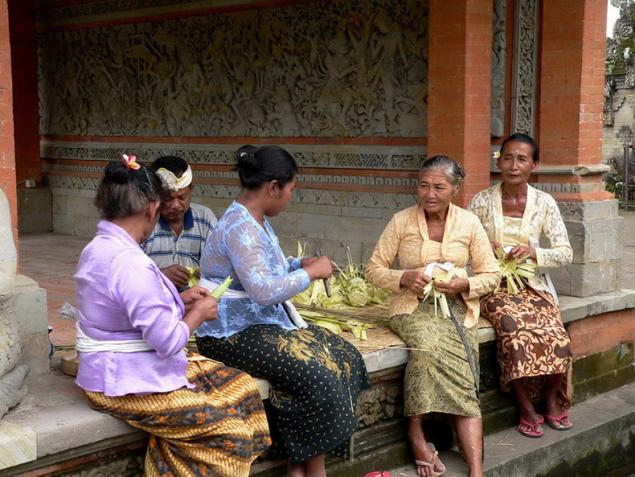
Many of the elderly are respected for what they possess highly specialized skills. For example, the Hawaiian grandmothers are revered for their unique ability to weave lace and feather scarves with mittens. Likewise gained the respect of an elderly woman in New Guinea who was the only witness to the devastating Typhoon. People asked her what plants are safe to eat when the elements struck again.
Western society is also respect life experiences with age: the average age for a US President is 54 years, judge of the high court 53.
Some companies went even further and began to ascribe to elderly people magical powers. In Ecuador, a nation that believes that their elderly shamans have supernatural powers. They sit the whole day with the sick and infirm, to contact the spirits and find a cure for the disease.
As the end of life of the elderly?
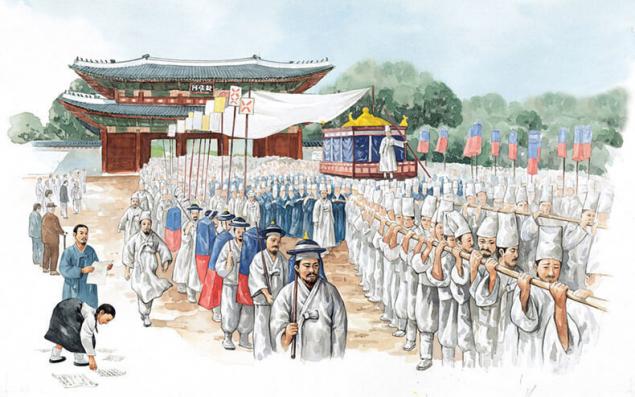
The end of life's journey in different cultures is different. Where toprint to do everything to preserve the life and health of older people, but, on the contrary, the elderly are considered a burden, but because there are cases when they help to depart this life. Diamond notes that the so-called "iodized" (by analogy with the infanticide – killing babies – the murder of the elderly on the basis of age), usually occurs in nomadic communities or tribes who live in harsh climates with limited resources.
According to a study published in the journal "American Ethnology," the Chukchi of Siberia practiced a form of euthanasia: when cases of serious illness, older people willingly die by a close relative. Diamond writes that the crow in the US and some Scandinavian tribes, too, have a similar practice: older people have to put themselves in a hopeless situation, e.g. alone go to the open sea. In Paraguay men go to die on the road of the "white man", and older women are killed by breaking their neck.
On the other hand, exists in the world and a unique place where there are gathered all the vital forces of the world: the Greek island of Ikaria. Residents of this small Mediterranean island are four times more likely than their American counterparts, live to 90, and live 8-10 times longer after setting cancer diagnoses than average same patients on the planet.
Its inhabitants, life is not in a hurry: they get up late, eat Kalamata olives, drinking tea from mountain herbs and swimming in the crystal clear water. The secret island of longevity probably lies in its traditions, dietary habits and regular lifestyle. But to explain the magic of the island of Ikaria still no one can. published
Author: Mariana Klyosov
P. S. And remember, only by changing their consumption — together we change the world! ©
Join us in Facebook , Vkontakte, Odnoklassniki
Source: rustoria.ru/post/kak-stareyut-lyudi-v-raznyh-chastyah-sveta/

Writer and scientist Jared diamond discovered the huge differences in how different societies treat the elderly. Some revere and respect their elders, while others consider them incompetent and make objects of constant ridicule.
In some societies children take care of their parents at home, others leave them in nursing homes where they are cared for by others. Some cultures see the elderly as a burden, the bottomless pit of valuable economic resources, but because of their attitude towards them borders on cruelty.
Who is considered old?
The United Nations believes that the elderly can be considered people since 60 years, and celebrates the international day of older persons in October of each year. But in every society have their own ideas about who should be considered elderly.
In the United States, for example, to retire only at 65 years. And in New Guinea, anyone who has survived 50 years is considered old. In his book "the World until yesterday" diamond writes that the 15-literatry has huge implications for these societies, because actually we are talking about two different age categories, people with different physical and intellectual capabilities.
Where older persons live?

The living conditions of older people in Asia due to the Confucian teaching on FILIAL piety. About three-quarters of elderly Japanese parents live with their adult children. Similarly, in Korea and China, which even has a special law that children must visit their parents at regular intervals, no matter how far away they live. And if the children this law does not comply, they can face serious fines or even ending up in prison. "We are raising our children so they took care of us when we get old" — say in China.
But, of course, not only in Confucian countries respect for the elderly. Article 207 of the French Civil code prescribesthat adult children regularly communicate with their elderly parents. This law was passed after scientists published the results of a survey indicating the high level of suicides among the elderly in France.
In India and Nepal, according to ancient tradition, a young wife goes to live in the family home of her husband: it's called patrilocally marriage. But, as shown by a study by the University of Maryland, the current economic situation in the country contributes to the tradition of their adjustments, and the couple are increasingly being hundreds of miles from their parents. Indian and Nepalese authorities are trying to solve arising in connection with this problem, developing a program to care for the elderly.
As a language to describe the elderly?
The attitude of the representatives of a people, older people are often reflected in his language. Respectful suffix, such as -ji in Hindi, added to the names of great people such as Mahatma Gandhi, to emphasize his respect.
The word Mzee in Swahili is spoken in many parts of Africa — is a term used by young speakers when they want to emphasize their special respect for elders. And the Hawaiian word kūpuna means"elder."
In Japan, the suffix-san is often added to names of elders and shows respect to the elderly. This country hosts the annual festival for the elderly, and the 60th anniversary is considered one of the most important dates in life and even celebrated separately. Kanreki is the celebration that marks the transition into old age.
What to eat the elderly?

Around the world, says diamond, in traditional societies the elderly is customary to leave certain foods. In Nebraska, for example, only senior members of the Indian community Omaha have the right to have the bone marrow — it is believed that if you eat young man, he'll twist an ankle.
Similarly, in Borneo, venison suggest there are only old people, since young people a taste of it can make shy. In Siberia, the Chukchi believe that reindeer milk causes impotence in young men and women who drank, have a flat chest. Therefore, the treat always goes only to the elderly.
The natives of Arunta living in Australia, have a system of food taboo, because I believe that many of the products can result in "dire consequences for young people." Meat birds, for example, calls boys "the emptiness in the head", and if someone of the young Arunta try the meat of a wild cat, he will certainly appear smelly sores on the head and neck.
Young women who eat meat from the kangaroo tail, it's faster aging and prematurely bald, and the consumption of quail will lead to slower development of the mammary gland, whereas the meat brown hawk, on the contrary, can cause breast swelling and result in the inability to breast feed in the future.
The elderly have special powers?

Many of the elderly are respected for what they possess highly specialized skills. For example, the Hawaiian grandmothers are revered for their unique ability to weave lace and feather scarves with mittens. Likewise gained the respect of an elderly woman in New Guinea who was the only witness to the devastating Typhoon. People asked her what plants are safe to eat when the elements struck again.
Western society is also respect life experiences with age: the average age for a US President is 54 years, judge of the high court 53.
Some companies went even further and began to ascribe to elderly people magical powers. In Ecuador, a nation that believes that their elderly shamans have supernatural powers. They sit the whole day with the sick and infirm, to contact the spirits and find a cure for the disease.
As the end of life of the elderly?

The end of life's journey in different cultures is different. Where toprint to do everything to preserve the life and health of older people, but, on the contrary, the elderly are considered a burden, but because there are cases when they help to depart this life. Diamond notes that the so-called "iodized" (by analogy with the infanticide – killing babies – the murder of the elderly on the basis of age), usually occurs in nomadic communities or tribes who live in harsh climates with limited resources.
According to a study published in the journal "American Ethnology," the Chukchi of Siberia practiced a form of euthanasia: when cases of serious illness, older people willingly die by a close relative. Diamond writes that the crow in the US and some Scandinavian tribes, too, have a similar practice: older people have to put themselves in a hopeless situation, e.g. alone go to the open sea. In Paraguay men go to die on the road of the "white man", and older women are killed by breaking their neck.
On the other hand, exists in the world and a unique place where there are gathered all the vital forces of the world: the Greek island of Ikaria. Residents of this small Mediterranean island are four times more likely than their American counterparts, live to 90, and live 8-10 times longer after setting cancer diagnoses than average same patients on the planet.
Its inhabitants, life is not in a hurry: they get up late, eat Kalamata olives, drinking tea from mountain herbs and swimming in the crystal clear water. The secret island of longevity probably lies in its traditions, dietary habits and regular lifestyle. But to explain the magic of the island of Ikaria still no one can. published
Author: Mariana Klyosov
P. S. And remember, only by changing their consumption — together we change the world! ©
Join us in Facebook , Vkontakte, Odnoklassniki
Source: rustoria.ru/post/kak-stareyut-lyudi-v-raznyh-chastyah-sveta/
Find out how to estimate the distance and time travelling
How to choose the correct agrotextile for greenhouses


